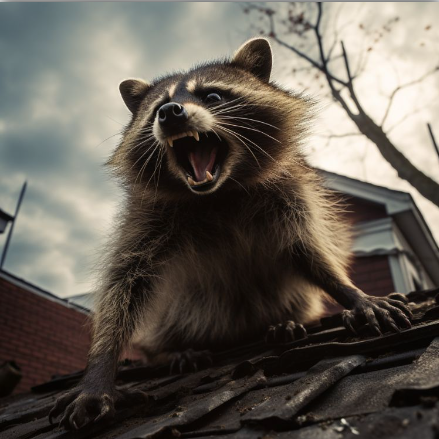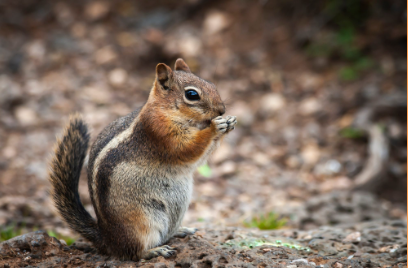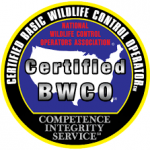In Business Since 2017 | Free Estimates | Locally Owned

Humane Wildlife Removal
Professional Wildlife Removal Company Near Me

Your home is your sanctuary, so seeing it invaded by nuisance animals can be frightening, overwhelming, and stressful. For situations like these, turn to North East Wildlife Management (N.E.W.). As a wildlife removal company in Eastern Massachusetts, we specialize in the humane eviction and exclusion of various animals, including:
fully licensed and insured, residential & commercial Wildlife Removal
North East Wildlife Management is proud to be recommended and referred by all local Eastern Massachusetts pest control companies. We are Nationally Certified Wildlife Control Specialists trained and ready to help with all your nuisance wildlife needs. We offer humane removal, clean-up and sanitization, attic insulation replacement, damage repairs, and crawlspace encapsulation. Contact us today for a customized estimate.



We offer free estimates for our wildlife management services and can work on most jobs the same day we give an estimate. Our company also provides 24-hour emergency removal services. You can always count on us to keep pests away from your property.
